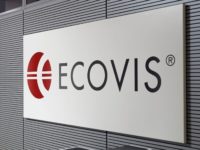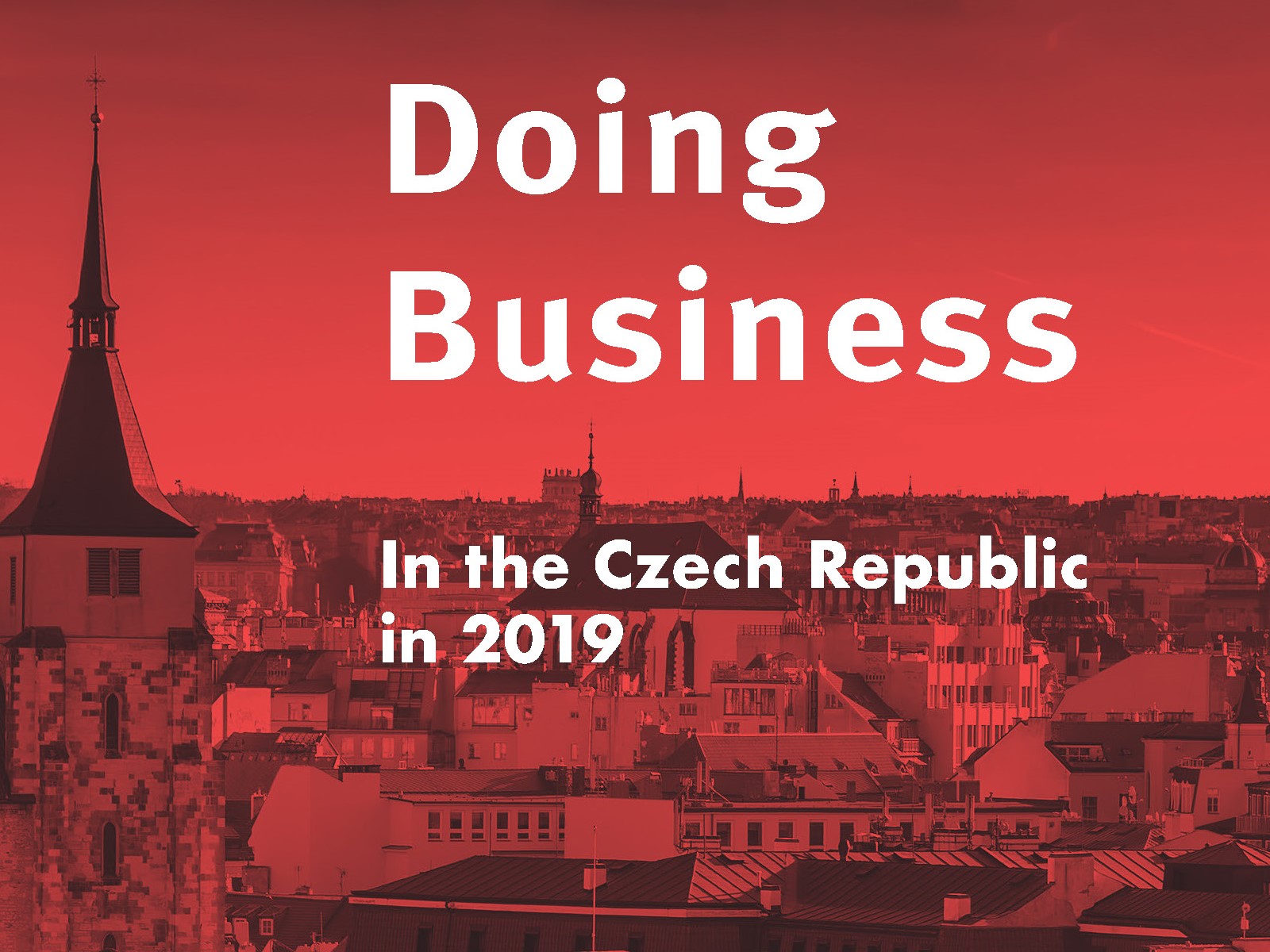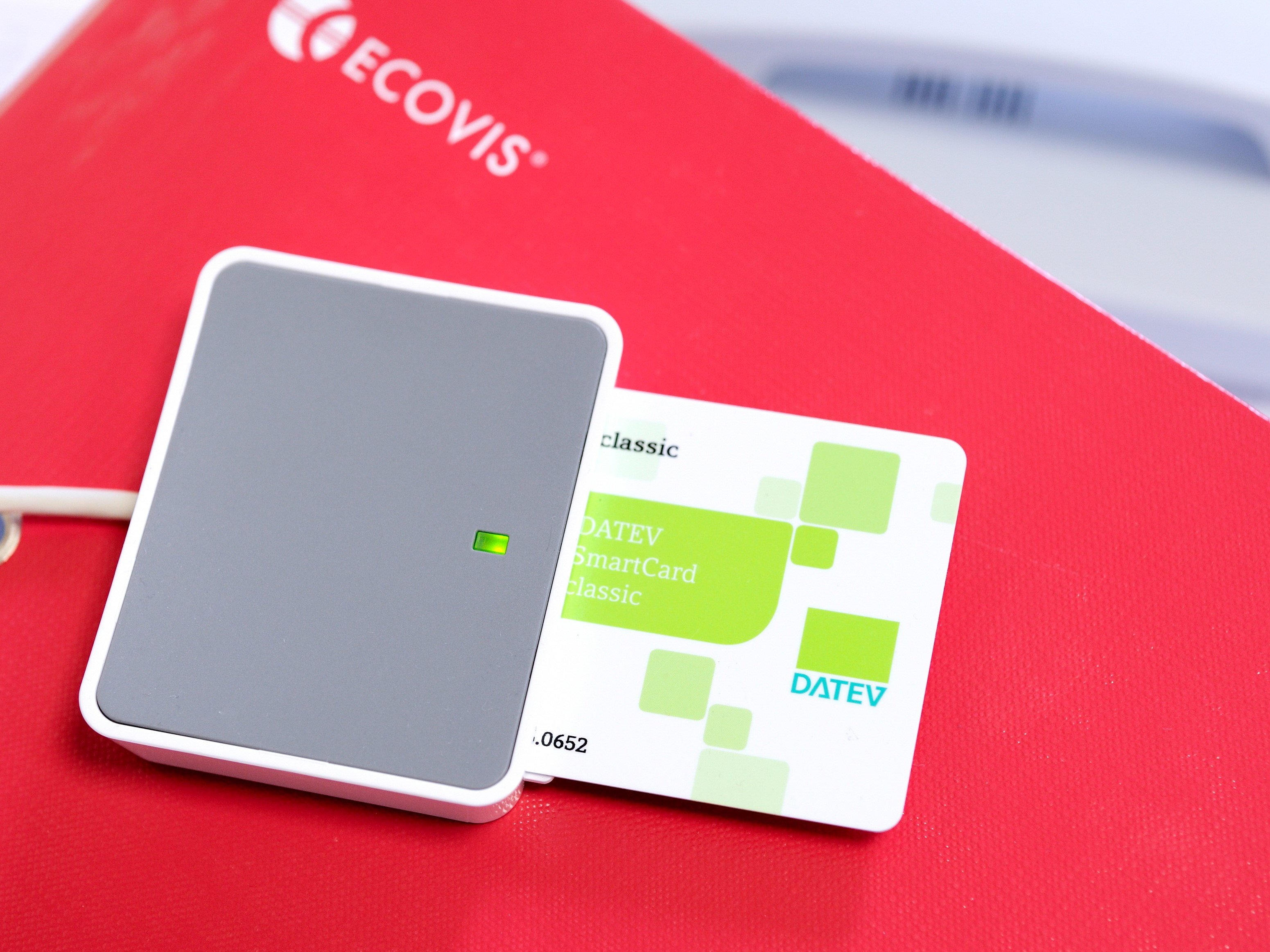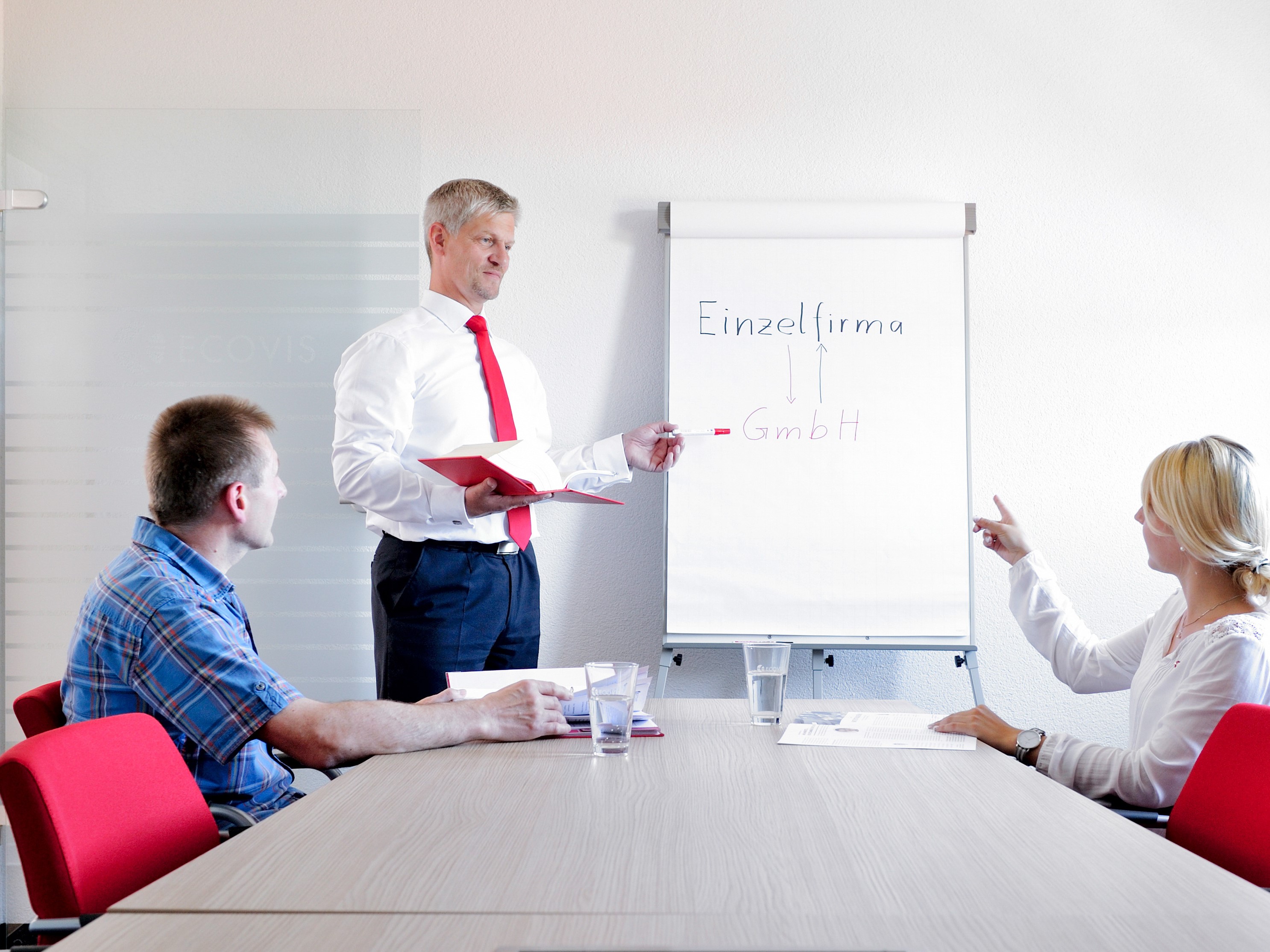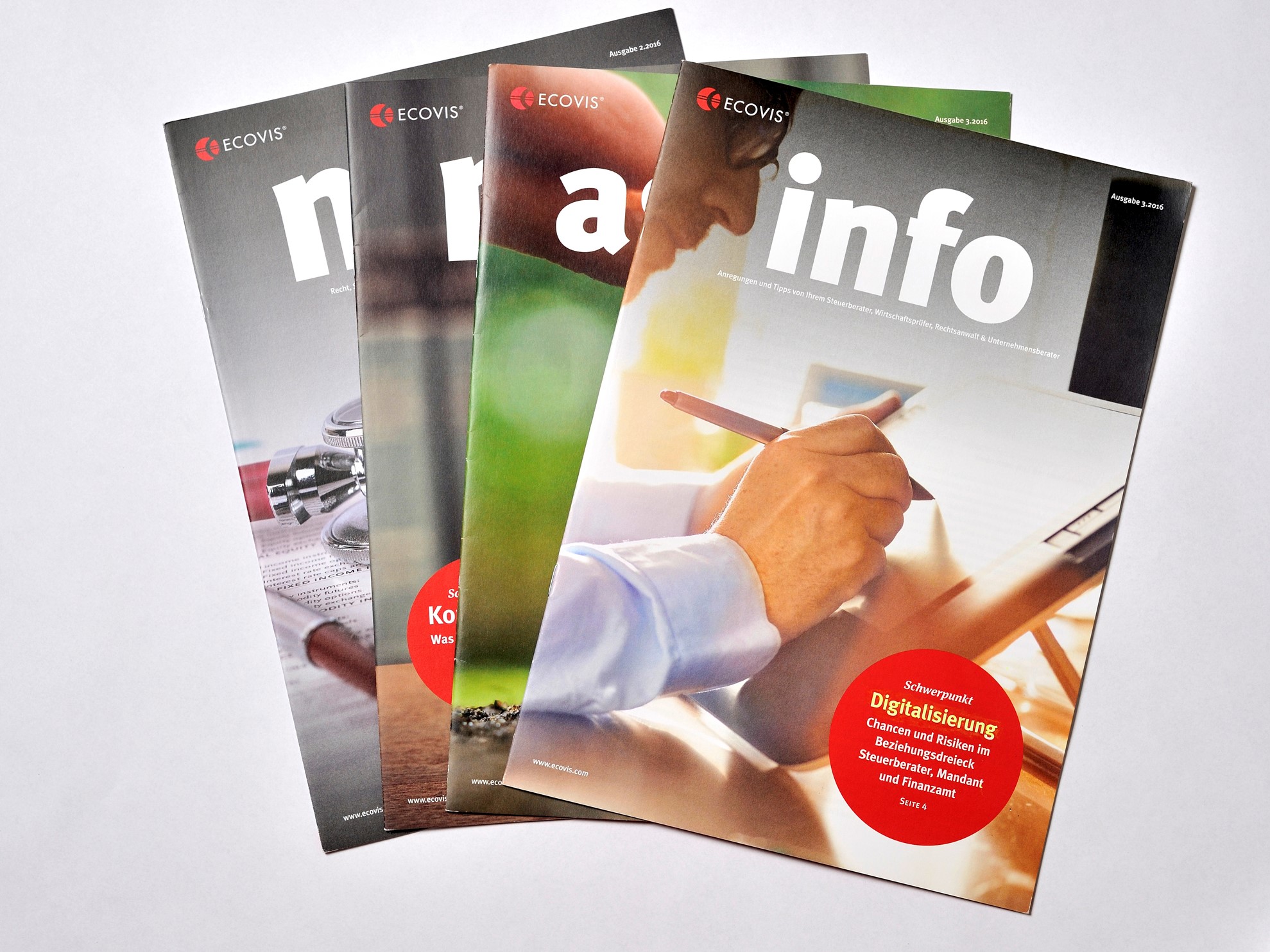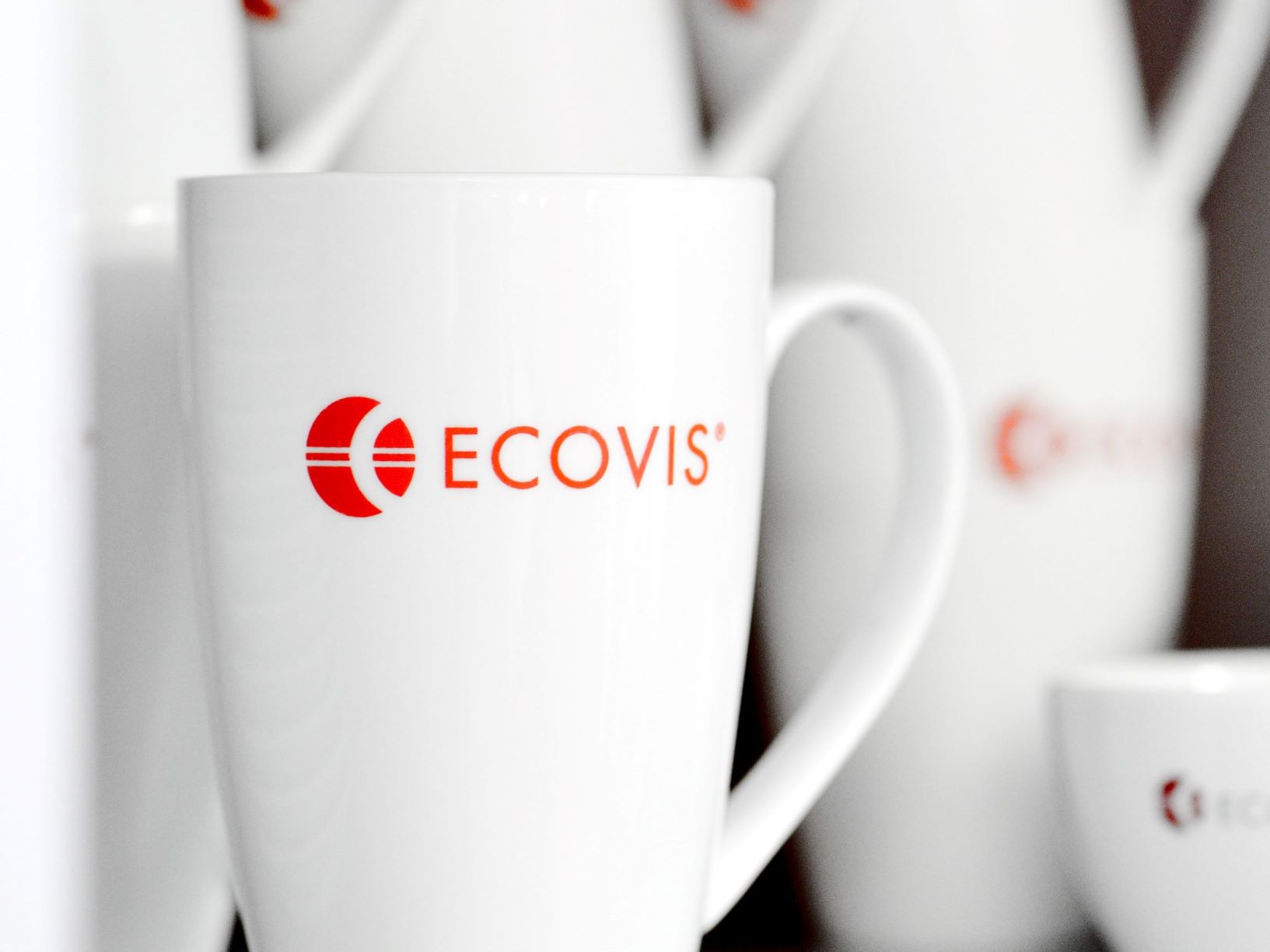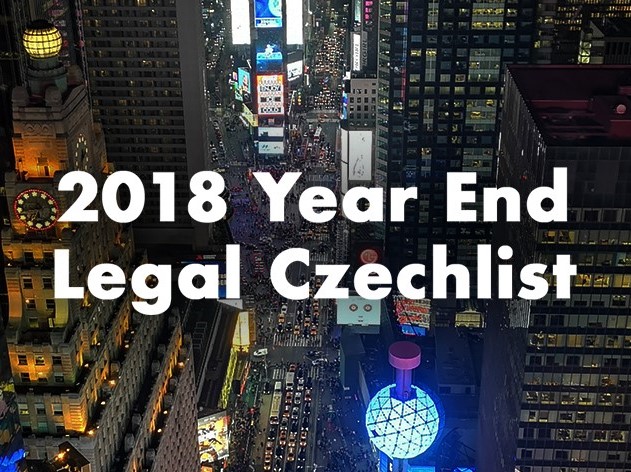The possibility to use a secret audio or video recording of an employee as an evidence in a Labour dispute
At the end of this year, there is not that many legislative news, which would be generally relevant for all entrepreneurs, as usual. Not only the Czech legislature, but also the Czech courts can introduce changes for entrepreneurs. One of the interesting and important case law for entrepreneurs in 2019 is the decision of the Supreme Court of the Czech Republic on the possibility to use a secret audio or video recording of an employee as an evidence in a Labour dispute
The possibility to use a secret audio or video recording of an employee as an evidence in a Labour dispute
To prove a breach of duty caused by an employee may be complicated, and eventually, without the secretly made recordings even impossible. The Czech Supreme Court in its decision made on August 14, 2018, File No. 21 Cdo 1267/2018, dealt with the case where the employer secretly recorded an employee, who actually threatened such employer to damage his interests, unless the employee would be provided with another lucrative position within the employer. The Czech Supreme Court evaluated the validity of immediate termination of employment contract with regards to the intensity of breach of employee's duties for such termination, and also evaluated the use of secret recordings as an evidence in the court proceeding.
The Czech Supreme Court accepted, that “in the employer-employee relationships, a mutual trust, employee reliability and honesty resulting from Section 301 letter (d) of the Czech Labour Act is always necessary while at the same time, it bounds the employee not to cause any damage to the employer by his behaviour, whether material or moral, in connection with the employment relationship. Any attack on the employer's property, whether direct (e.g. theft, damage, misuse, etc.) or indirect (e.g. by attempt to withdraw part of the employer's property without adequate consideration) can be assessed, a relatively vague hypothesis of Section 55 letter b) of Czech Labour Act, as such significant circumstance that, as a rule, it is in itself sufficient to conclude that there is a breach of an employee's obligation in particularly gross manner under the legislation relating to the work performed by such employee.”
In relation to the secret recordings which were made in this particular case, the Czech Supreme Court ruled that they cannot be used (the facts were proved by witness statements and therefore in was not necessary to use the secret recordings as evidence). At the same time, the Czech Supreme Court ruled a general principle, when the secretly made recordings could be used as the evidence. “An audio or visual record of a person or of his or her personal expressions, made by a private individual without the knowledge of the recorded person, may only be used as the evidence in the civil proceeding only in case, where such record shall prove a fact which cannot be proved otherwise (by such means of evidence, which does not interfere with the personality rights of the recorded person) and where other circumstances of the case lead to the conclusion, that the right for the personal rights to be protected cannot be prioritized over the right to a fair trial of a person, who shall benefit from using the secret record of other person. ”
Therefore, in previous decisions, the Czech Supreme Court (under legislation effective before January 1, 2014) concluded that if a party of a civil proceeding proposes evidence to prove its claims, that was acquired or provided by such party in violation of generally binding legal regulations, and whose acquisition or measure violated the rights of another natural or legal person, the court shall not accept such evidence as the evidence inadmissible. Although the new Czech Civil Code preserves privacy as part of an absolute personal rights, the extent of its possible restriction is broader in the current legislation, as it allows to acquire or use a portrait, document of a personal nature for the official purpose, it also allows to acquire or use a portrait, document of a personal nature or a phonogram also with regard to the exercise and protection of the other person’s subjective private rights, which takes place, as a rule, in proceedings before a public authority and under public law. However, this possible restriction have to be interpreted very restrictively, as it is an exception to the general right on protection of each person’s personality, and therefore the option to use portraits and audio or visual recordings of a person in proceedings before any public authority (and create such portraits and recordings for this purpose) cannot be permitted in all cases (without further conditions) only given that it is in favour of the legal protection of any rights and interests of another person. The main legal condition, by which the person is allowed use of a portrait or a audio/video recording is, that such portrait or recording cannot be used in a disproportionate manner, contrary to the legitimate interests of a concerned person.
“The basic criterion to decide, whether or not is possible to use audio or video recordings of a person or his/her expressions of a personal nature, which were made by a private person without the knowledge of the recorded person, as the evidence in the civil proceeding is the evaluation of the conflicting protected private rights and interests and deciding, which of these rights and interests prevails in the particular case. However, a conflict of interest in the protection of the personality of the person, whose portrait or expression is captured without his or her consent with the interest in the protection of the person who intercepts (and then uses) the portrait or expression cannot be solved in general. Each decision on the extent to which a particular interest is prevalent in a particular case must be left to the discretion of the courts in each individual case. In addition to the circumstances in which a recording was made, the importance of the legally protected or recognized interest which is the subject of the proceeding, and the other possibilities available to the person using the recording to prove such information in another way, than at the cost of violating the privacy of another person will be decisive (cf. Czech Constitutional Court decision made on December 9, 2014, File No. II. ÚS 1774/14). Considering that it is an exceptional means, it can be used as evidence in the civil proceeding only where it shall prove a fact, which cannot be proved otherwise (by evidence that does not interfere with the absolute personality rights of the person concerned), and where other circumstances of the case lead to the conclusion that the right to the protection of the person's personality rights over the right to a fair trial (cf. Article 36 (1) of the Charter of Fundamental Rights and Freedoms) of a person, who shall benefit from using the secret record of other person. ”
For more information, contact us at:
JUDr. Mojmír Ježek, Ph.D.
ECOVIS ježek, advokátní kancelář s.r.o.
Betlémské nám. 6
110 00 Praha 1
e-mail: mojmir.jezek@ecovislegal.cz
www.ecovislegal.cz
About ECOVIS ježek advokátní kancelář s.r.o.
The Czech law office in Prague ECOVIS ježek practices mainly in the area of Czech commercial law, Czech real estate law, representation at Czech courts, administrative bodies and arbitration courts, as well as Czech finance and banking law, and provides full-fledged advice in all areas, making it a suitable alternative for clients of international law offices. The international dimension of the Czech legal services provided is ensured through past experience and through co-operation with leading legal offices in most European countries, the US, and other jurisdictions. The Czech lawyers of the ECOVIS ježek team have many years of experience from leading international law offices and tax companies, in providing legal advice to multinational corporations, large Czech companies, but also to medium-sized companies and individual clients. For more information, go to www.ecovislegal.cz/en.
The information contained on this website is a legal advertisement. Do not consider anything on this website as legal advice and nothing on this website is an advocate-client relationship. Before discussing anything about what you read on these pages, arrange a legal consultation with us. Past results are not a guarantee of future results, and previous results do not indicate or predict future results. Each case is different and must be judged according to its own circumstances.

